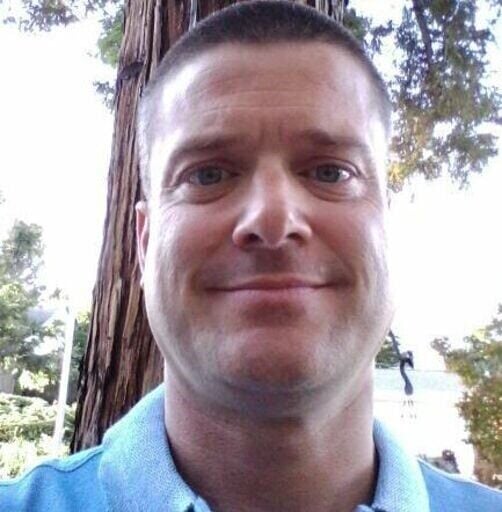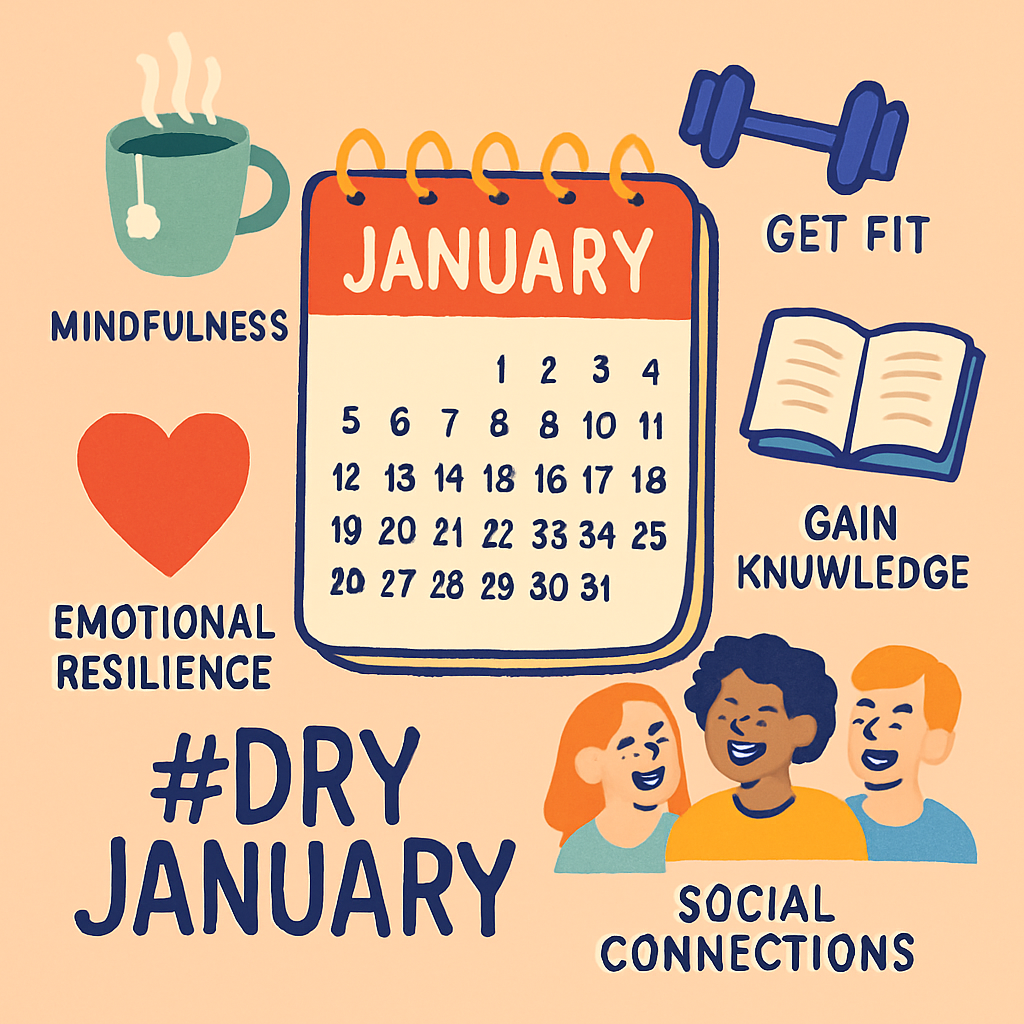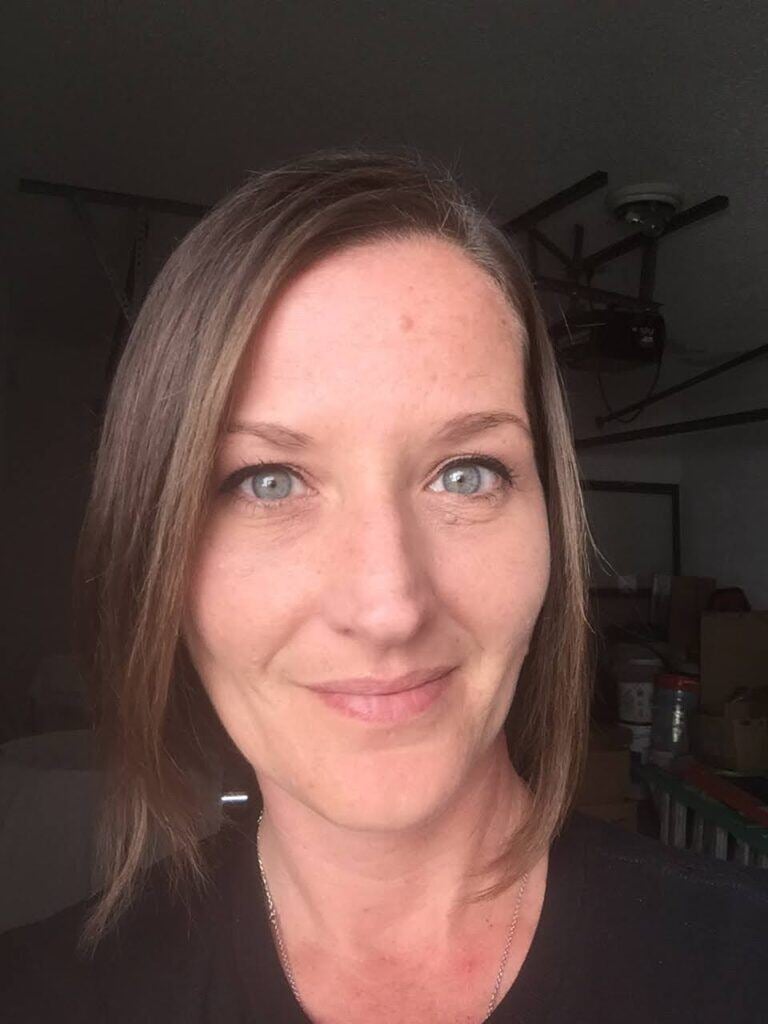SMART taught me to how to “rock” my recovery by Chip Engler
I began drinking when I was about 14 years old. Peer pressure is a powerful influence and drinking to intoxication soon turned into a regular occurrence — for the next four decades of my life.
Flash forward, two divorces and 40 years later:
August 2012: I had not felt well for several days, I was sweating profusely, my chest was tight. I was trembling and felt nauseous. I was admitted to the ER for a possible cardiac issue. There was no medical evidence of a heart attack but I was held overnight for observation. Later that night I went into full blown DTs. They were, by a long shot, the worst experience of my life.
Two days later I was lying in bed and was vaguely aware of what had happened. I recall deciding quickly that I was not going to go through the DTs again, so I was no longer going to drink. Period.
After I’d completed a six week treatment program, my employer required me to find a program for ongoing support. I was looking for a group with a high level of personal accountability and I was having no luck finding one. My doctor, who knows me well, recommended SMART Recovery, which turned out to be an excellent match for my needs.
 My first SMART meeting was memorable. The volunteer meeting facilitator offered to stay after the meeting and explain SMART concepts to me, i.e. SMART’s 4-Point Program®. Point 3 of the 4-Point Program (Managing Thoughts, Feelings and Behaviors) became the meat and potatoes of my ongoing recovery plan.
My first SMART meeting was memorable. The volunteer meeting facilitator offered to stay after the meeting and explain SMART concepts to me, i.e. SMART’s 4-Point Program®. Point 3 of the 4-Point Program (Managing Thoughts, Feelings and Behaviors) became the meat and potatoes of my ongoing recovery plan.
SMART meetings are what I called “no fault”; I never felt that my past was haunting me. Our discussions were always about the present and the future. That suited me just fine, we already knew all about our past lives, right? We would discuss real life occurrences, things going on in our lives that generated those negative thoughts and emotions that often led to drinking. For each situation, we would always attempt to find one or more of the cognitive tools taught by SMART that would help. I felt very comfortable in the meetings and learned how to use the tools to aid my recovery and to improve many other aspects of my life.
Flash forward, five years in recovery:
After gaining some experience and confidence in managing my thoughts, feelings and behaviors, I continued on in my recovery by focusing on living a balanced life.
In SMART meetings, we would sometimes compare our lives to a bicycle wheel. When we were drinking, the alcohol was represented by the hub and the spokes were all the components of our lives that had something in common, the alcohol. With alcohol gone, I needed a new hub. I put myself in the center and began to replace the damaged spokes.
I reconnected with my family, both with my parents/siblings and with my kids. I reestablished myself at work as the go-to-guy. I dated for a while and eventually met Kathy. We went together for four years and were recently married.
 Now I find meaning, purpose and fun in all kinds of ways: cooking, volunteerism, church activities, donating blood, learning CPR. I am a licensed Amateur Radio Operator and regularly serve in a communications capacity for public service events. Kathy and I put over 1,000 miles a year on our ATV, riding in the mountains. I am qualifying as an Open Water SCUBA Diver and will be diving in Cozumel next winter; my daughter and I are planning additional trips for future years. I’ve started to skydive and am in training for my “A” license.
Now I find meaning, purpose and fun in all kinds of ways: cooking, volunteerism, church activities, donating blood, learning CPR. I am a licensed Amateur Radio Operator and regularly serve in a communications capacity for public service events. Kathy and I put over 1,000 miles a year on our ATV, riding in the mountains. I am qualifying as an Open Water SCUBA Diver and will be diving in Cozumel next winter; my daughter and I are planning additional trips for future years. I’ve started to skydive and am in training for my “A” license.
These are a just a few of the significant activities that my life is comprised of now. Things like this would not have been possible if I hadn’t found SMART and learned how to manage myself.
In this whole recovery process, with support from SMART, I restored my mental and physical health to levels that I had not previously thought obtainable. I wake up every morning and literally jump out of bed without hesitation, looking forward to the new day and to all the happiness that it’s going to bring.
Life is Good!
There are millions of people seeking an addiction support program that fits with their values.
Your year-end gift to our Growth Fund will be put to work immediately, to help more people like Chip find the support they need to overcome addiction and go on to live fulfilling and meaningful lives.
Thank you for your support!





